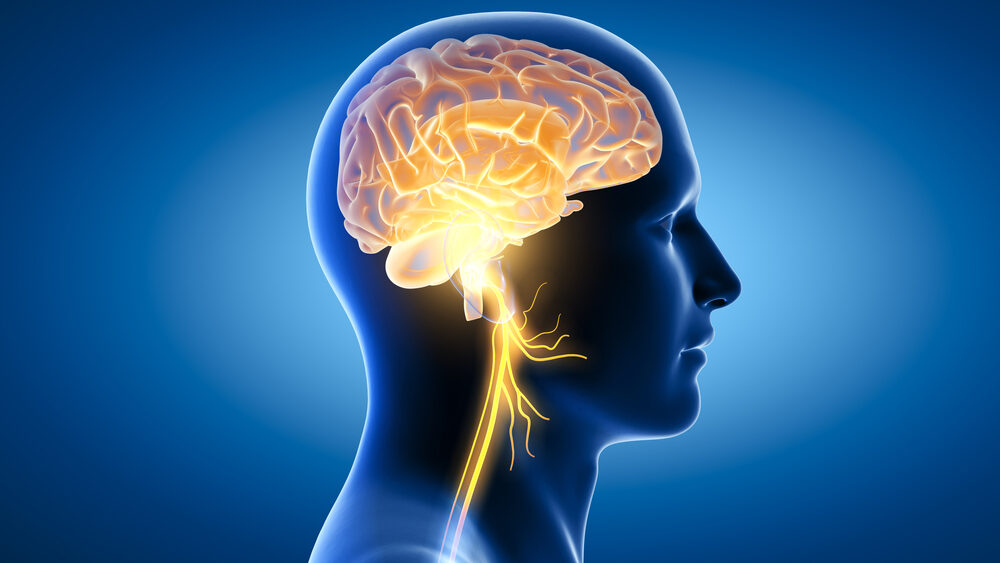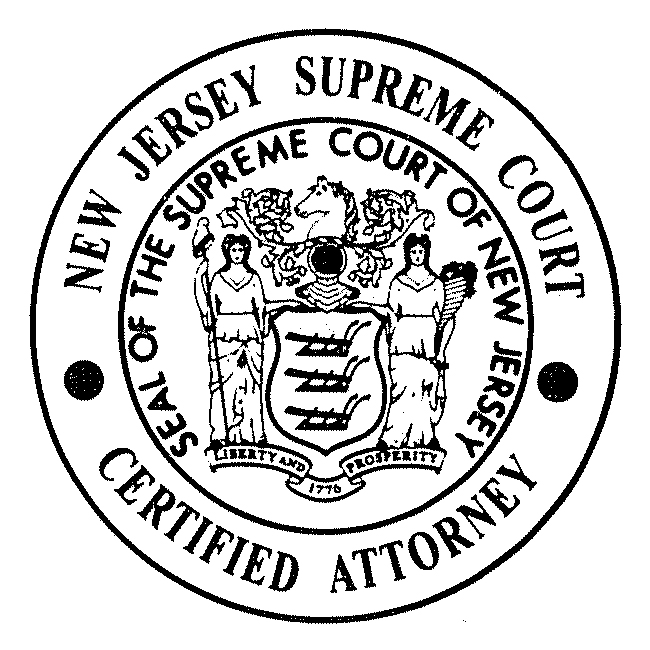Brain Stem Injuries Explained: Symptoms, Consequences, and Legal Recourse in New Jersey

Brain stem injuries are among the most profound and life-altering traumas an individual and their family can face. These injuries not only disrupt the body’s physical functioning but also deeply impact daily living, emotional well-being, and cognitive abilities. For families navigating the aftermath of such an injury, understanding the medical complexities and the legal landscape can be overwhelming. This comprehensive guide aims to illuminate the critical aspects of brain stem injuries, including their symptoms, long-term consequences, and the legal avenues available in New Jersey for seeking justice and compensation. Our goal is to inform and empower brain stem injury victims and their loved ones to navigate these challenging times with knowledge and support.
Understanding Brain Stem Injuries
The Role of the Brain Stem
At the juncture where the brain meets the spinal cord lies the brain stem, a critical area responsible for regulating many of the body’s automatic functions, such as breathing, heart rate, and consciousness. It acts as a hub of neural pathways that control movement and sensory information. When this area is injured, the effects can be devastating, disrupting the body’s most basic functions and abilities.
Common Causes of Traumatic Brain Injuries
Brain stem injuries often result from traumatic events—traffic collisions, falls from significant heights, sports-related impacts, or violent assaults. These injuries are notoriously complex, not just in the medical challenges they present but also in their diagnosis. Symptoms can vary widely among individuals, making it difficult to immediately understand the injury’s full extent. This complexity underscores the necessity for specialized care and legal guidance to navigate the aftermath of such injuries.
Symptoms of Brain Stem Injuries
Physical Symptoms
- Difficulty with fine motor skills and coordination: Challenges in performing daily tasks.
- Balance issues and dizziness: Increasing the risk of falls.
- Weakness or paralysis: Drastically altering one’s independence.
- Dysphagia (difficulty swallowing) and dysarthria (slurred speech): Affecting communication and nutrition.
Cognitive Symptoms
- Short-term memory lapses: Difficulty remembering recent events or conversations.
- Concentration difficulties: Impacting the ability to work or study.
- Confusion and disorientation: Can be frightening and dangerous.
Emotional Symptoms
- Unpredictable mood swings: Placing strain on relationships.
- Depression and anxiety: Often stemming from the struggle to adjust to new limitations.
- Increased irritability: Challenging for both the victim and their loved ones.
Immediate medical attention is crucial following any head injury, as early intervention can significantly impact the recovery process and long-term outcome.
Long-Term Consequences of Brain Stem Injuries
Victims may face a long and uncertain path to recovery, with some requiring lifelong care. The physical limitations imposed by brain stem injuries are often accompanied by psychological issues, as victims grapple with the loss of their independence and changes in their personality. The emotional and financial toll on families is immense, highlighting the need for a robust support network and comprehensive resources for recovery and adaptation.
Legal Recourse for Brain Stem Injury Victims in New Jersey
In the wake of a brain stem injury, understanding one’s legal rights is paramount. Victims and their families in New Jersey have the right to seek compensation for the losses incurred, from medical expenses and rehabilitation costs to lost wages and pain and suffering. When injuries result from someone else’s negligence—be it a reckless driver, a negligent employer, or a manufacturer of defective equipment—the path to justice involves navigating personal injury law. This journey can be complex, requiring proof of negligence and documentation of the injury’s impact on the victim’s life.
In tragic cases where a brain stem injury leads to a fatal outcome, wrongful death claims offer a path to accountability and financial stability for families. It’s important to note that New Jersey imposes a two-year statute of limitations on these claims, underscoring the importance of prompt legal counsel.
Steps to Take if You or a Loved One Has Suffered a Brain Stem Injury
- Immediate Medical Attention: Prioritize medical evaluation and treatment to diagnose the injury and begin the necessary interventions.
- Documentation: Keep detailed records of all medical treatments, symptoms, and their impact on daily living. This documentation will be invaluable in legal proceedings.
- Legal Consultation: Consult with an attorney experienced in brain injury cases to understand your rights and the best course of action. Early legal advice can be pivotal in navigating the complexities of personal injury claims and ensuring that you are positioned for the best possible outcome.
Contact Lombardi and Lombardi, P.A. Today For a Free Consultation To Discuss Your Personal Injury Lawsuit
In the wake of a brain stem injury, the path forward may seem fraught with uncertainty. At Lombardi and Lombardi, P.A., we understand the profound impact such injuries can have on both the victim and their loved ones. Our dedicated team is committed to providing the compassionate support and expert legal guidance you need during this challenging time.
With decades of experience in personal injury law, we have the knowledge and resources to navigate the complexities of your case, fighting tirelessly to secure the compensation and justice you deserve. Our approach is tailored to your unique situation, ensuring personalized attention every step of the way.
If you or a loved one is facing the aftermath of a catastrophic brain injury, you don’t have to go through it alone. Contact us today for a free consultation, and let us help you rebuild your life with confidence and peace of mind. Together, we can forge a path to recovery and justice.






 CALL NOW
CALL NOW